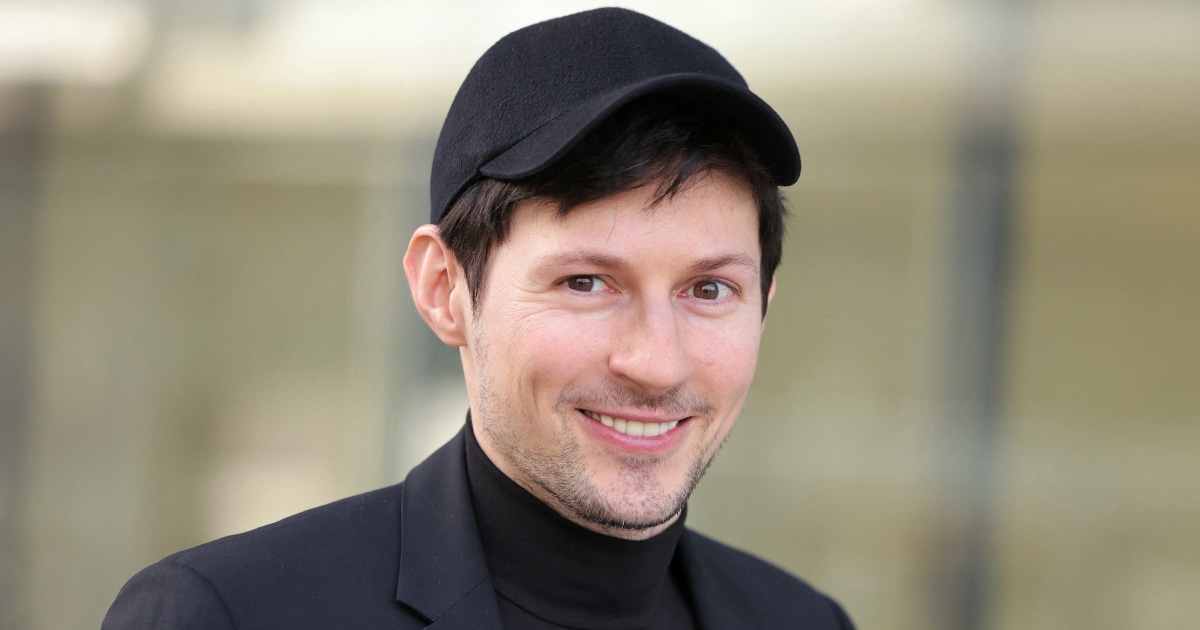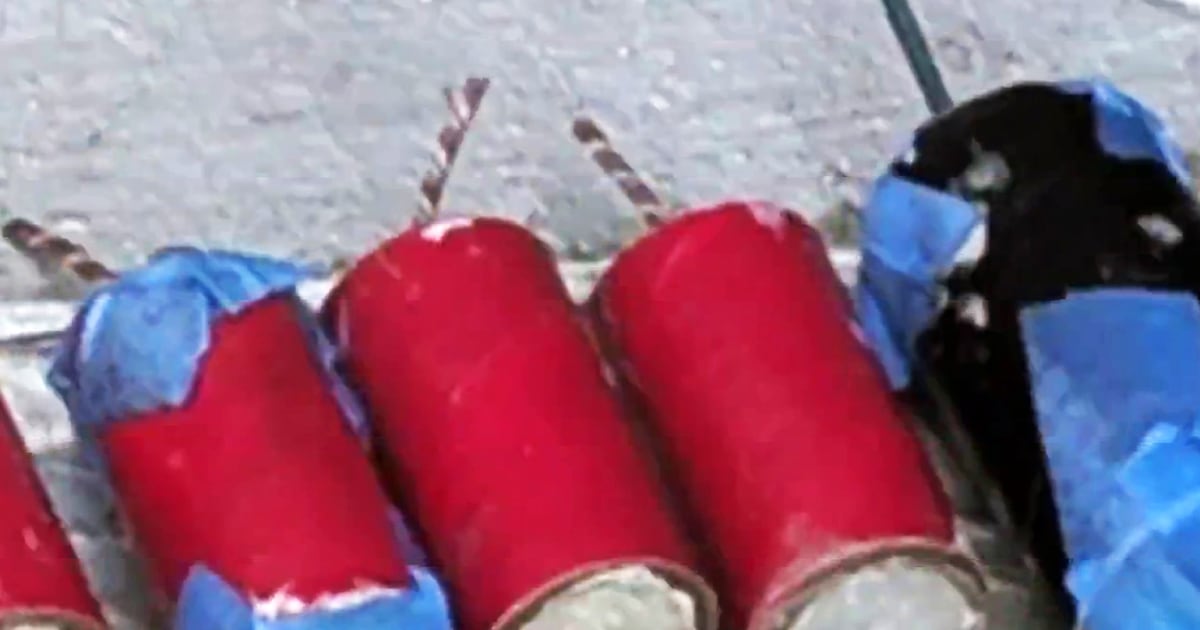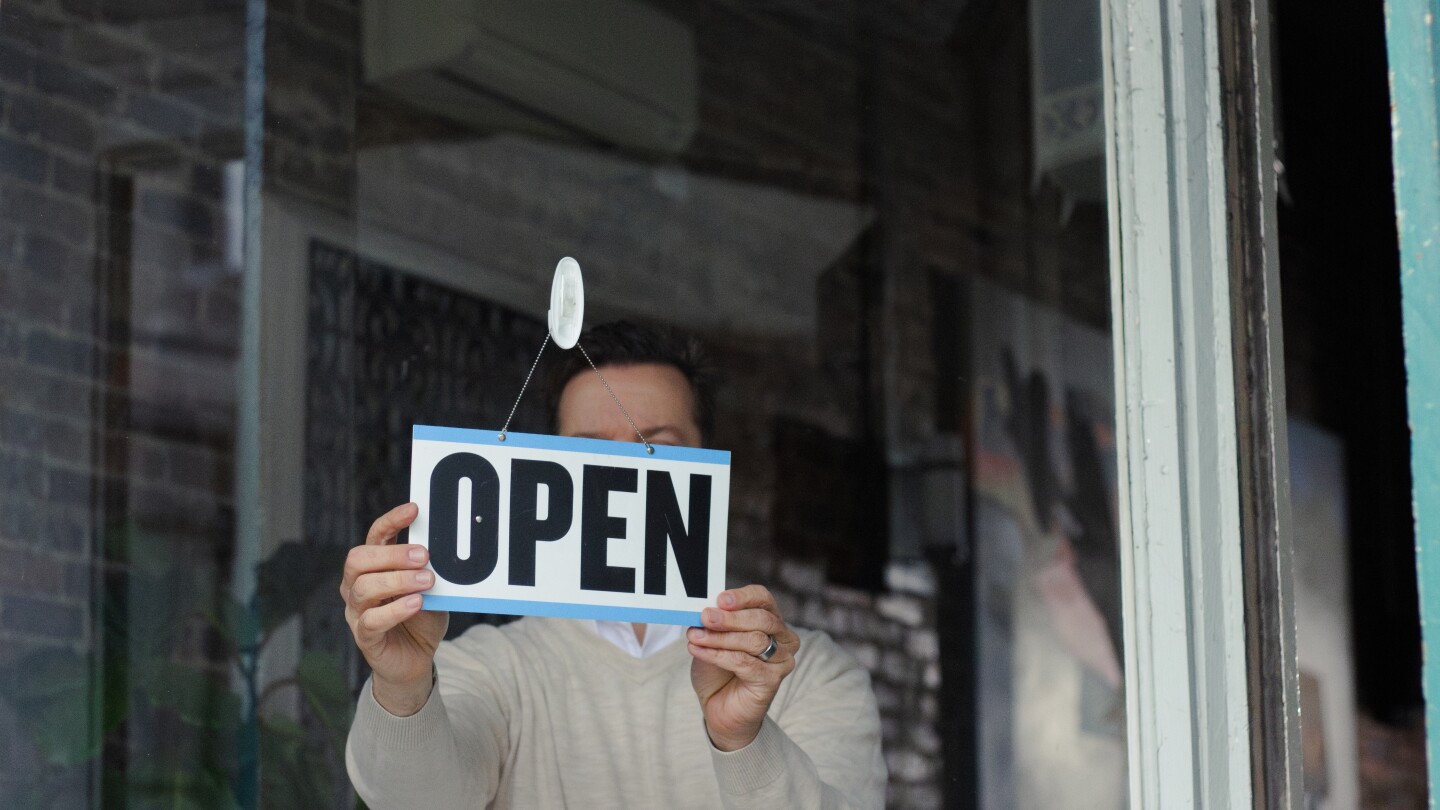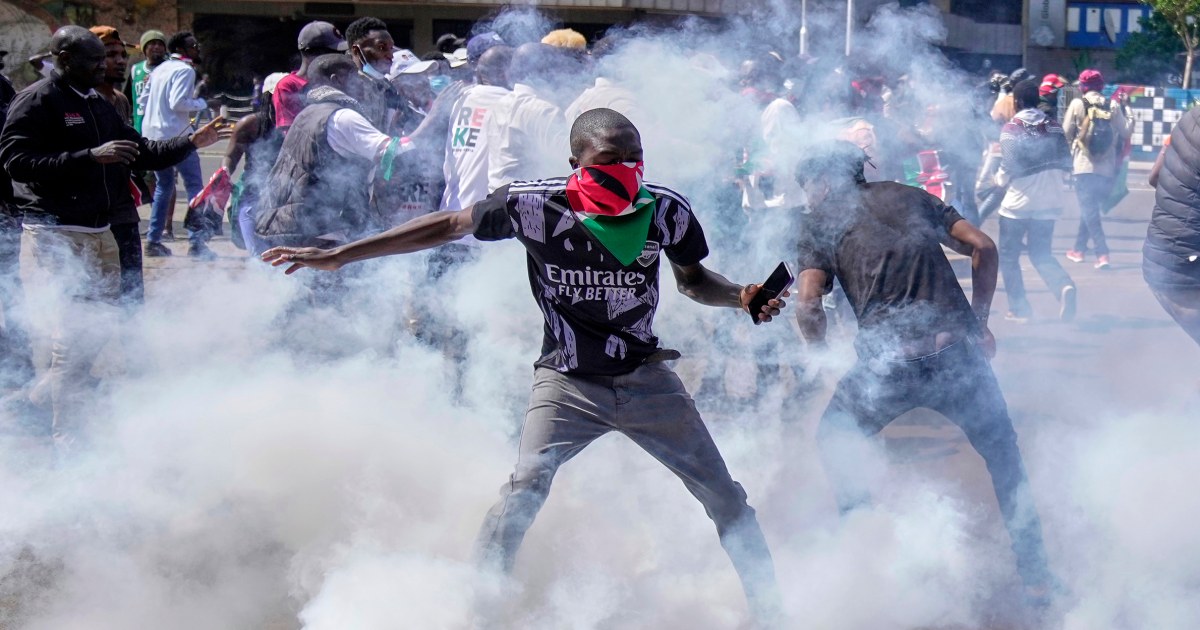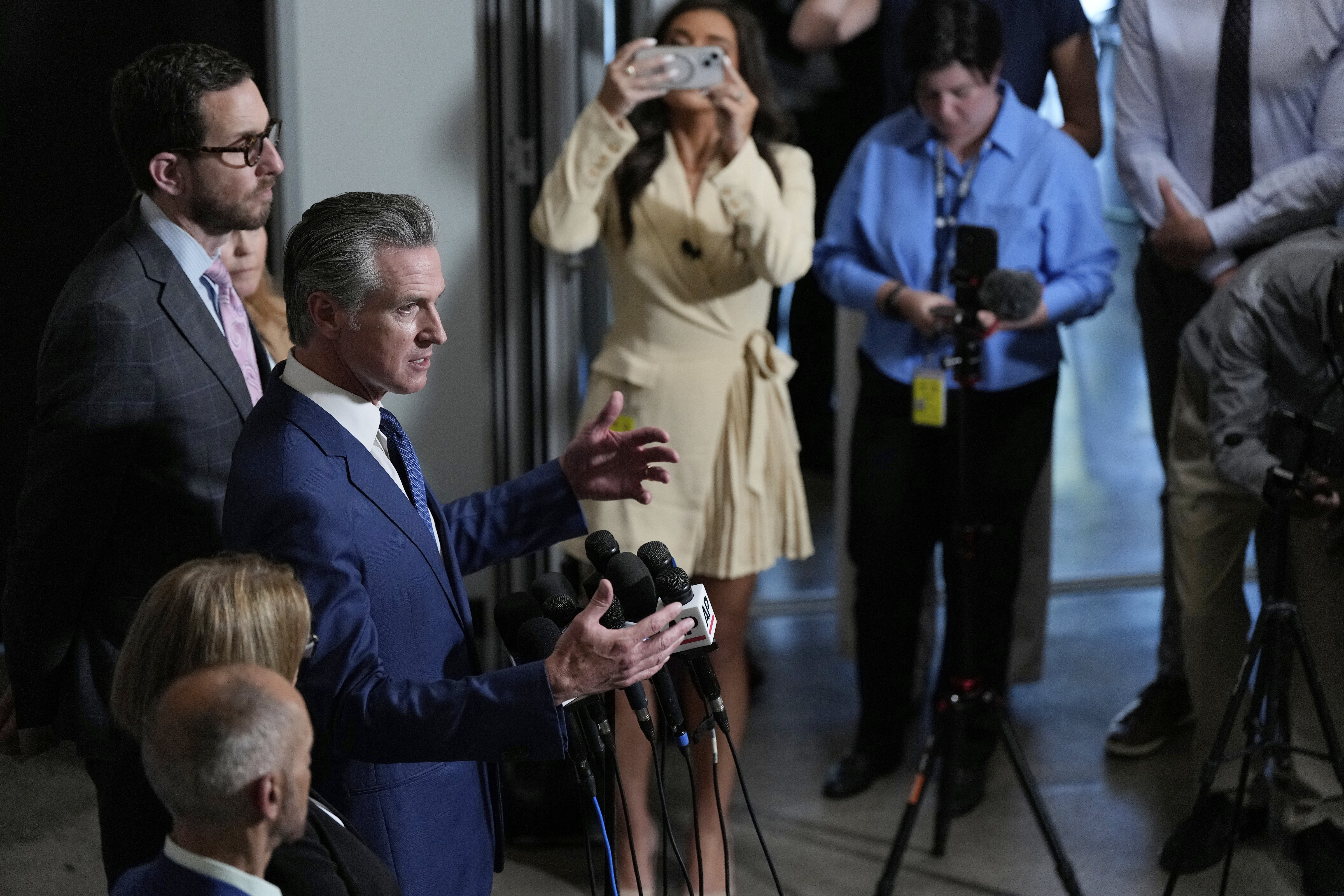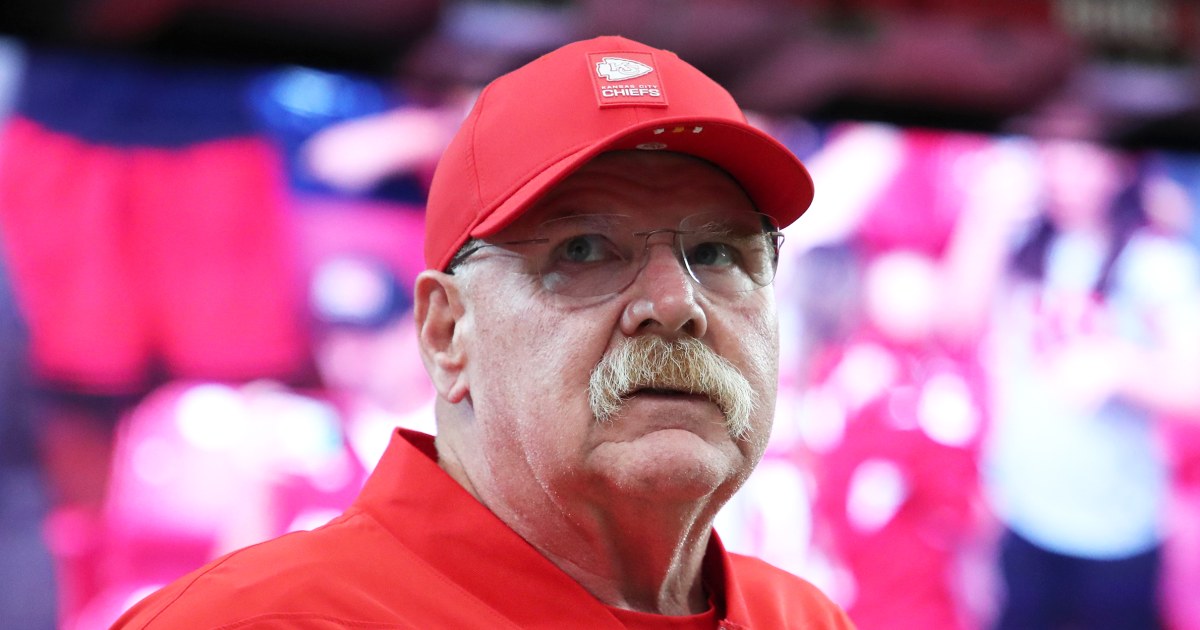BASEL, Switzerland — Austria was crowned the winner at Saturday’s grand finale of the Eurovision Song Contest, the world’s most popular singing tournament, beating strong competition from Israel and Switzerland to come in first place on an evening full of glitz and glamour.
Austria’s song, “Wasted Love” by JJ, was awarded 436 points by a combination of votes from viewers and juries of music professionals from each participating country.
JJ is a countertenor opera singer, and the song makes use of his impressive vocal range. It starts with a swelling orchestral sound that builds to a dance club finish.
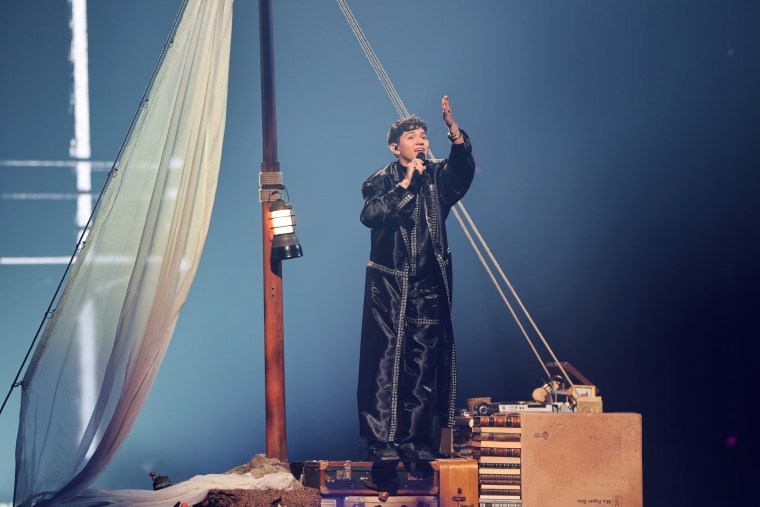
Despite widespread rumors and high anticipation for a homecoming appearance by Celine Dion, who won the contest while representing Switzerland in 1988 (artists don’t have to be from the country they represent), the Canadian star was unable to attend. The singer has curtailed her recent public appearances due to a diagnosis of stiff-person syndrome. She had earlier sent a video message, played during Tuesday’s semifinal, in which she said she “would love nothing more” than to attend Eurovision, calling winning the contest “life-changing.”
Every country that competes in Eurovision also votes on the winner, meaning rivalries and regional alliances from the real world spill over into the results.
Allies Greece and Cyprus have a long history of giving each other 12 points (the most possible), which is often met with boos from the crowd. Only Greece made it to this year’s final, and Cyprus gave it 12 points.
On the other hand, neither Armenia nor Azerbaijan, which have fought wars over the disputed territory of Nagorno-Karabakh, has awarded its neighbor more than a handful of points. This year, Azerbaijan didn’t make it to the final. Azerbaijan yet again did not give any jury points to Armenia.
The most geopolitically divisive entrant was Israel’s Yuval Raphael, whose song “New Day Will Rise” is about finding hope after tragedy. While the song does not mention any specific events, Raphael survived the Hamas-led terror attacks in Israel on Oct. 7, 2023, in which about 1,200 people were killed and another 250 were taken hostage.
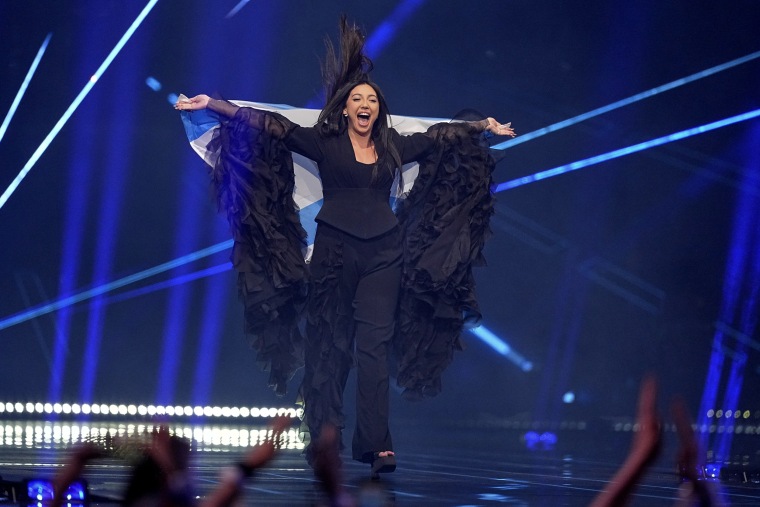
Israel’s subsequent assault on Gaza has killed over 53,000 people and has brought the surviving population of about 2 million to the brink of starvation. For many critics, Israel’s inclusion in Eurovision is tantamount to accepting its military campaign, and protesters demand Israel’s expulsion from the contest, just as Russia was in 2022 following its full-scale invasion of Ukraine.
Raphael’s song, which was met with scattered boos as well as cheers, came in second place, racking up 357 points.
There were gasps of disbelief in the audience when the other top contender, Switzerland, was awarded no points from the public.
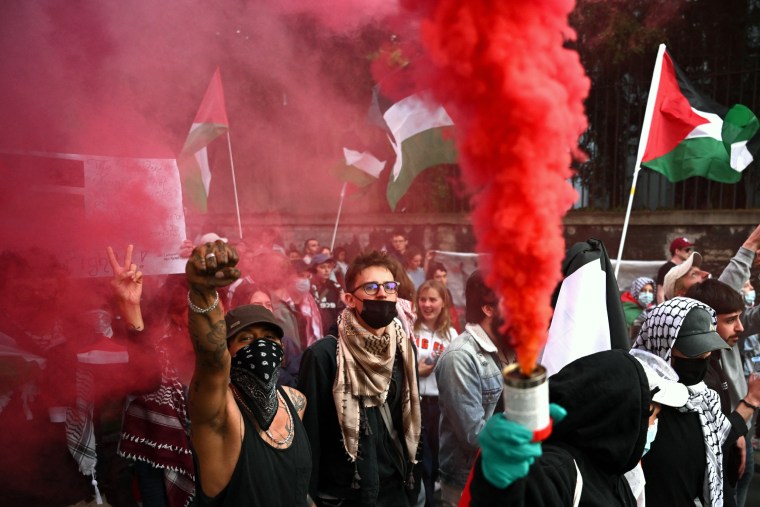
Sweden’s failure to triumph was a surprise amid its favored status, buoyed by KAJ’s “Bara Bada Bastu,” a humorous ode to the Nordic tradition of going to the sauna. The performance by the act’s trio of Finns featured a faux sauna complete with backup dancers in towels — a vision of European culture, just not a winning one on Saturday.
The event was a jamboree of glitz and showbiz glamour, with fans from across the continent cheering on their favored contestants as a TV audience of hundreds of millions watched at home and at viewing parties.
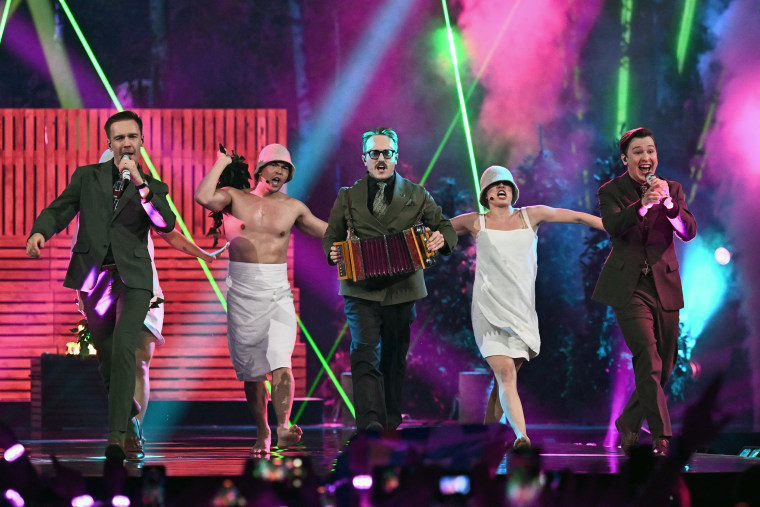
Eurovision began in Switzerland in 1956 as a way to test new television technology, and to help bring postwar Europe together. At the time, the contest only featured seven countries. This year, there were 37 nations taking part, whittled down to 26 finalists over two semifinals earlier this week. And the production is now a behemoth, with hundreds of crew members and 22 cameras capturing the action.
The first act to perform was Kyle Alessandro, a 19-year-old from Norway, who took the stage wearing chain mail for a pyrotechnic-enhanced rendition of his entry, “Lighter.”
His song kicked off a show that included a number of memorable performances, including that of Finland’s Erika Vikman, whose sexually charged “Ich Komme” ends with her suspended in the air atop a giant microphone stand emitting sparks.
Poland’s Justyna Steczkowska made her return to Eurovision after 30 years with a “Game of Thrones”-inspired performance that saw the 52-year-old lifted into the air by ropes as a CGI dragon swooped behind her on an 8,000-square-foot LED video wall.
Some 163 million people watched the Eurovision final and the two semifinals last year. Final viewing figures are not yet available for this year’s competition, but it is sure to remain one of the most-watched events in the world. It attracts more viewers than the Super Bowl, which had 123.4 million viewers last year, according to CBS.
That viewership will likely see “Wasted Love” climb the charts across Europe. For some Eurovision winners like Dion and ABBA, international stardom awaits.
Most artists aren’t quite that lucky, but the massive platform means winners can see levels of fame they would otherwise only dream of.
Italian rock band Måneskin performed on “Saturday Night Live” after winning the 2021 contest, and Dutch singer Duncan Laurence performed his winning 2019 song “Arcade” on NBC’s “TODAY” show when it started climbing U.S. charts after going viral on TikTok.
For the 25 artists who didn’t win, there’s still the hope that they’ll have found new fans.
Holly-Anne Hull, a member of this year’s British act, Remember Monday, told NBC News in a Zoom interview last month that for her group, the outcome is secondary to the opportunity to be able to perform together on the world stage.
“We aren’t even doing it for the live show. We’re doing it for the fact that we can live in this band every single day up until that moment,” she said. “All we’ve ever dreamed of is doing this band full time.”


